Lifestyle changes including quitting smoking and exercising coupled with medications are just as effective in treating severe but stable heart disease as are invasive surgical procedures, according to a new international study.
James Jang, MD, chair of cardiovascular technology for Kaiser Permanente Northern California and a cardiologist at the Kaiser Permanente San Jose Medical Center, and his colleagues contributed results to the $100-million study that included 5,179 participants at 320 medical centers in 37 countries. The San Jose Medical Center was the sole Kaiser Permanente site for the study that sought to settle a longstanding debate over how to treat blocked arteries.
The results saw no difference in cardiac events and death when comparing lifestyle changes and medications to using stents or bypass surgeries to open blocked or narrowed coronary arteries.
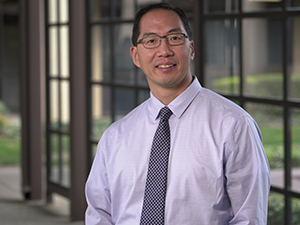
“What is the treatment of choice?” Dr. Jang asked. “Is it to go the invasive route and open a blocked artery with a stent or bypass surgery? Or do you treat with lifestyle modification and medicines to alleviate symptoms? That conundrum of what to do next is always on people’s minds. We often discount medication and lifestyle modification, but it really does work.”
Dr. Jang said cardiologists are likely to consider lifestyle modification and medications more often when it is appropriate.
“We’ve shown in prior studies at Kaiser Permanente that is the right approach,” Dr. Jang said. “That drives cardiovascular death down.”
In addition, the impact on how cardiologists treat heart disease could save Americans a minimum of $500 million a year, according to Judith Hochman, MD, of NYU Langone Health, who chaired the study. The simple reason for the savings, explained Dr. Jang, is that changing a person’s lifestyle and prescribing medications are less costly than performing open heart surgery or inserting a stent.
The study, funded by the National Heart, Lung and Blood Institute, looked at patients who completed a heart stress test that showed moderate to severe abnormalities, but who were not having heart attacks. Excluded from the study were patients with a recent heart attack, unstable chest pain in the last 2 months, heart failure, and those with a blockage or narrowing of the left main coronary artery.
The Kaiser Permanente Approach
The results support what Kaiser Permanente already offers members: an existing, integrated approach to incorporating lifestyle changes and medication to treat some heart blockages, Dr. Jang said.
“We do strive for optimal medical treatment for all of our high-risk patients, but we also have top-of-the-line interventionists ready to use stents or perform bypass surgery if needed,” Dr. Jang said.
Dr. Jang said in the past when a patient presented in a non-emergency situation with moderate to severe abnormality on a stress test that suggests a blockage in blood supply to the heart, the tendency was to get the person to a catheterization lab right away and perform angioplasty with stenting or open heart bypass surgery.
Additional exceptions to this new thinking include patients who have unrelenting chest pain.
“If your symptoms are not improved with optimal medical therapy, perhaps revascularization is beneficial,” Dr. Jang said.
Dr. Jang said the results of the study will be front and center in the minds of all the approximately 210 Kaiser Permanente cardiologists in Northern California who treat patients every day. And it will be talked about in upcoming educational webinars and study reviews that offer best practices.

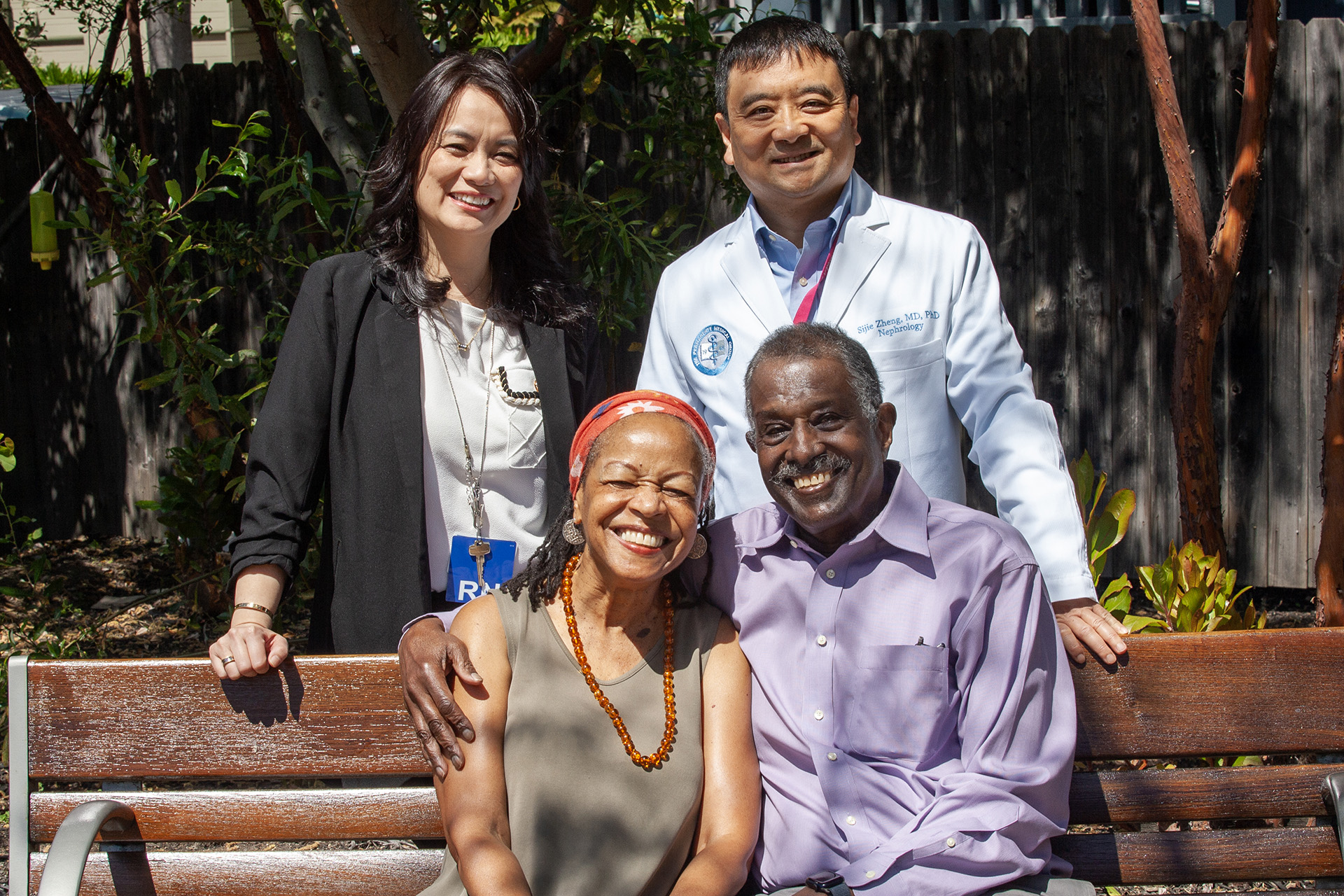
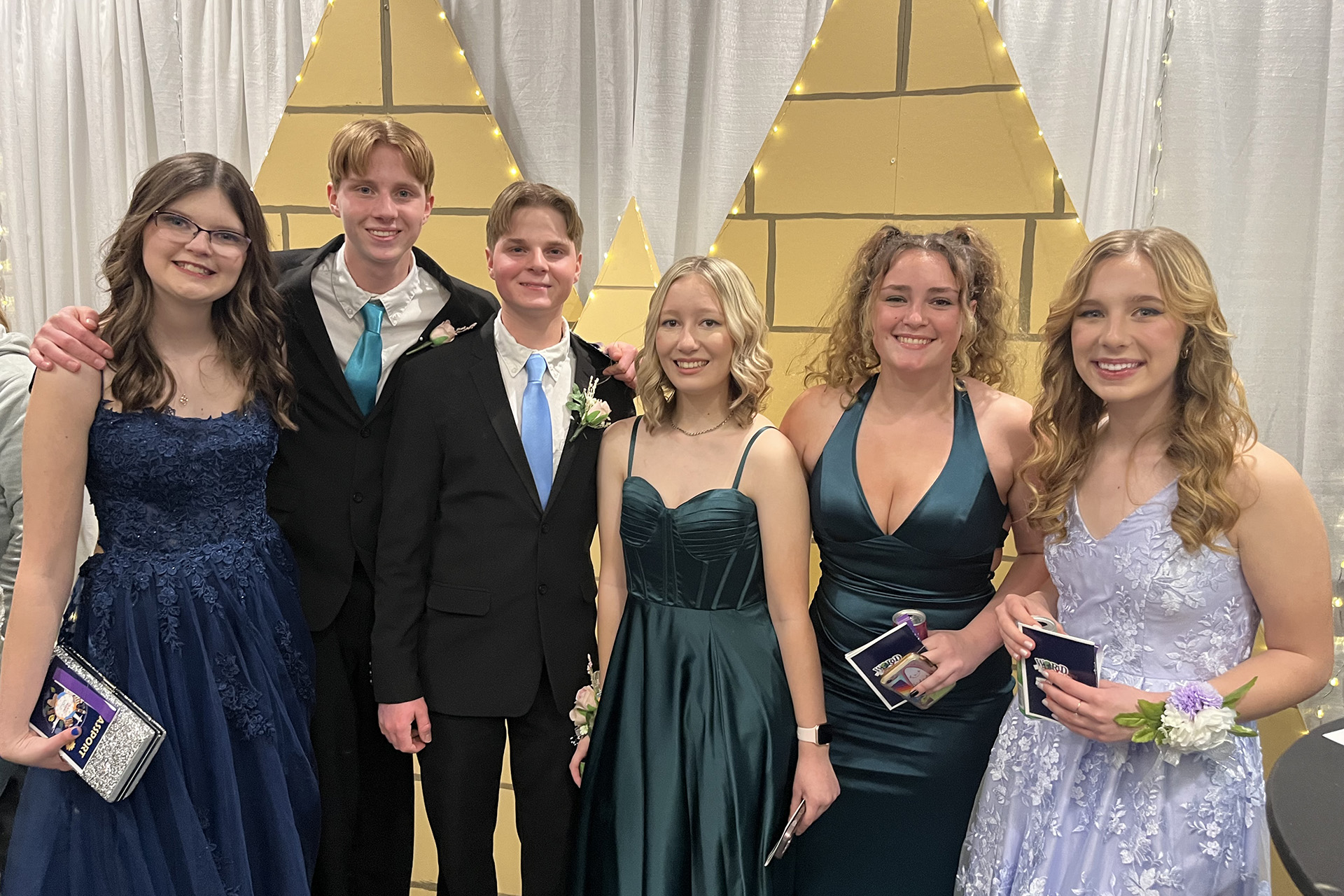
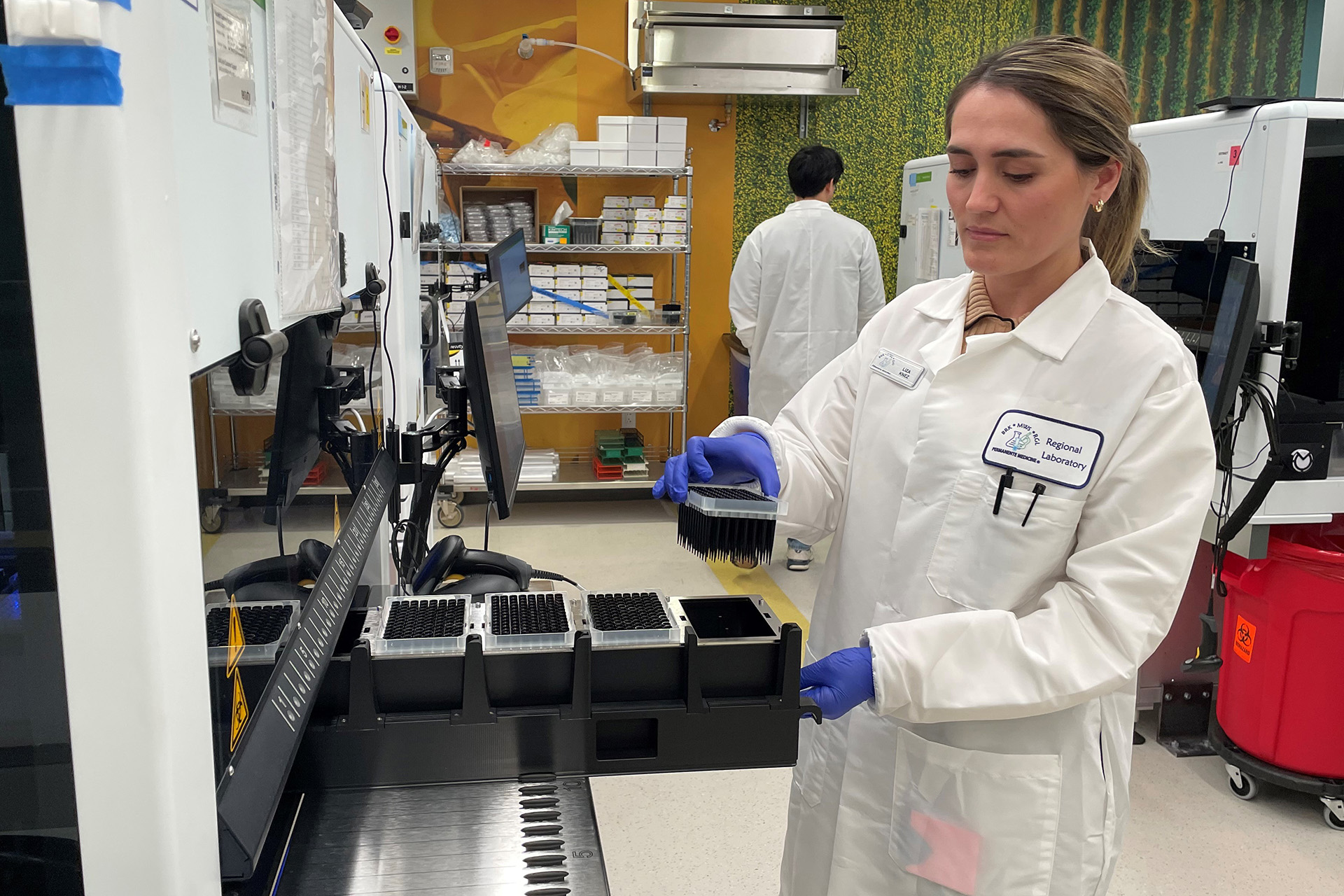
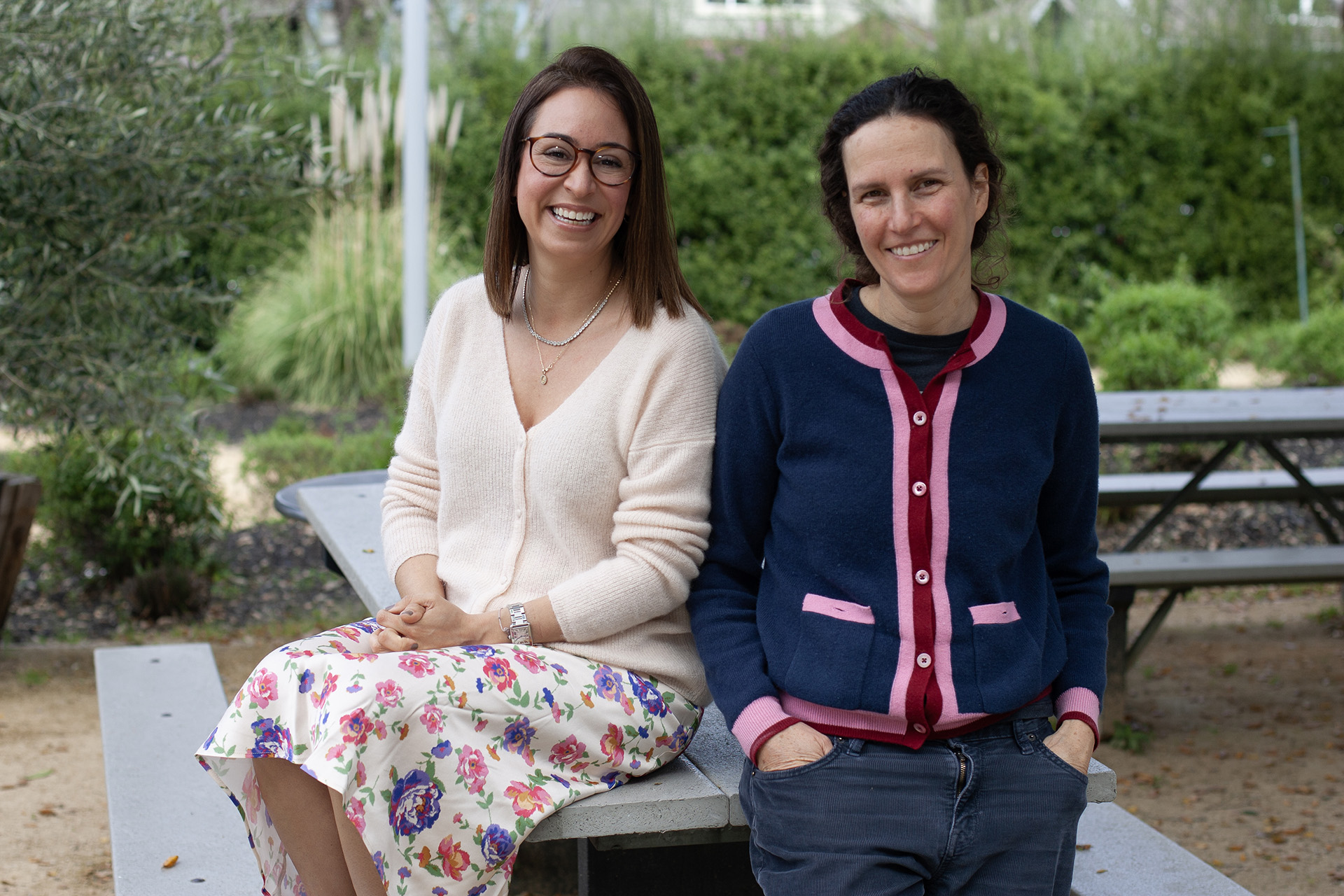
This Post Has 2 Comments
I also think when a patient knows that lifestyle changes are a must if there is no surgical treatment, they are more motivated. The stents/medications I think sometimes are a crutch to not alter lifestyle….
I would like to point out that inflammation is key here, and that diet and lifestyle (adequate sleep), but definitely diet is key. Education as to a high-quality anti-inflammatory diet, additional fiber, importance of mono unsaturated fats and omega 3 fatty acids are crucial. Meeting members where they are (current personal diet) and working with them over the long run with frequent means of support will truly support our THRIVE campaign.